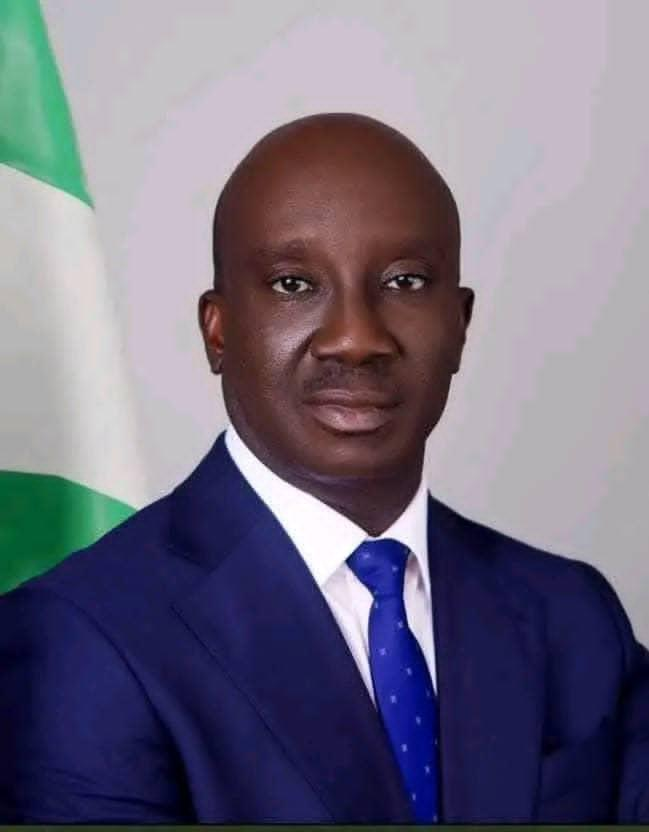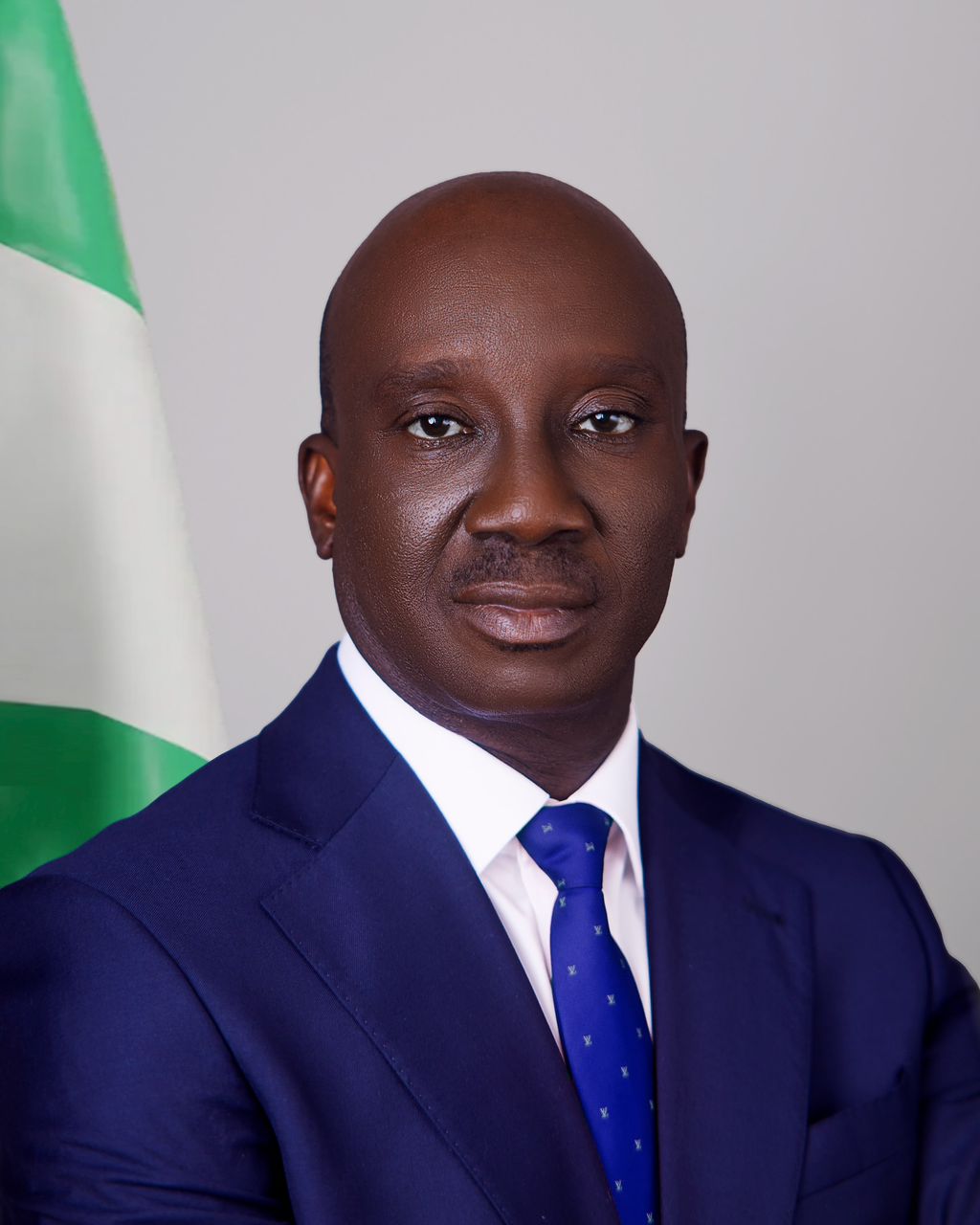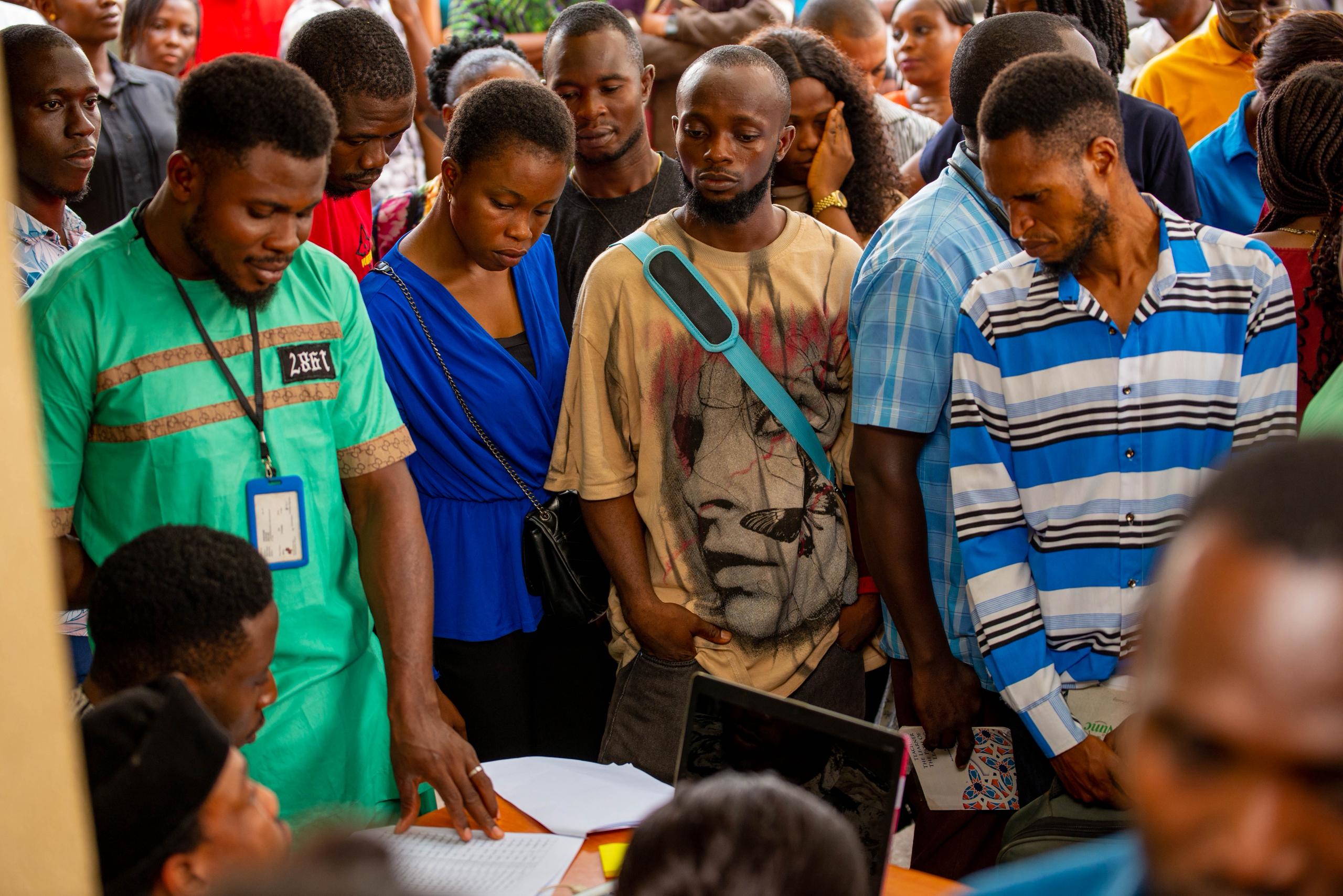His Excellency, Senator Monday Okpebholo, has within nine months of assuming office, undertaken bold and historic reforms that are transforming the State’s civil and public service into one of the most efficient and professional in the federation.
Edo State Head of Service, Dr. Anthony Okungbowa, who is championing the reforms on behalf of the administration of Governor Okpebholo, commended His Excellency’s visionary commitment to the civil service, describing it as “the engine room of governance and a critical driver of the SHINE Agenda.”
He noted that Governor Okpebholo has demonstrated “unusual attention to the workforce, making it clear that the administration’s promise of renewal cannot be realized without a motivated, professional, and well-resourced civil service.”
One of the most remarkable reforms is Governor Okpebholo’s decision to end outsourced cleaning contracts and directly employ 1,000 cleaners as civil servants.
This move, which guarantees dignity, job security, and full protection under civil service rules, was taken after Governor Okpebholo insisted that funds previously spent on contractors could sustainably cover direct employment at the new minimum wage of ₦75,000.
In addition, close to 2,000 new staff have been recruited across critical sectors: health, education, and agriculture, bringing the total number of new employees to over 3,000 in less than a year.
More than 1,300 health workers have also been absorbed into the Hospitals Management Agency, while the EdoSTAR teachers, numbering over 4,000, have been made permanent staff, giving them stability and recognition.
Governor Okpebholo has further approved the recruitment of graduate doctors, health personnel, and agricultural extension officers to close pressing workforce gaps, while continuing recruitment in education to complement the State’s unprecedented investment in school infrastructure.
The Civil Service Commission has been reconstituted and is set to clear the backlog of promotions, which will now be merit-based through the Edo-PREP system, a reform designed to retool officers and ensure that competence and excellence are rewarded.
On welfare, the administration of Governor Okpebholo has sustained prompt salary payments on or before the 26th of every month, alongside the payment of a 13th-month wage in December 2024.
Edo is now among only three States in Nigeria paying a ₦75,000 minimum wage, a policy that has been described as life-changing for workers and their families.
Pensioners have equally benefited, with ₦300 million released monthly for gratuities, ₦1 billion dedicated to clearing arrears dating back to 2012, and over ₦65 million paid in insurance claims to families of deceased staff.
Significant investments have also been directed into infrastructure and institutional renewal. Governor Okpebholo has ordered the renovation of Government buildings on Ezoti Street to house Ministries and Agencies, and has approved the rehabilitation of resident doctors’ quarters.
Beyond infrastructure, reforms such as the introduction of a Civil Service Anthem, a new dress code, and the institutionalization of Civil Service Week have rekindled pride, identity, and dignity within the service.
“Governor Okpebholo sees, he acts, and he takes responsibility. He is not only reforming structures but rebuilding confidence and restoring value in public service,” Dr. Okungbowa stated, adding that Edo State is now positioning its civil service as a national model of professionalism and efficiency.
With the Edo-PREP blueprint at its core, the administration of Governor Okpebholo is set on consolidating these gains and setting the Edo civil Service on course to becoming the finest in Nigeria.
“With His Excellency’s vision and political will, these reforms are not just ambitious. They are achievable. The nation is watching, and Edo is setting the pace,” Dr. Okungbowa affirmed.
The Edo State Government assures workers, pensioners, and the public of its unwavering commitment to the SHINE Agenda, ensuring that Edo people continue to reap the dividends of purposeful, people-centered governance.




